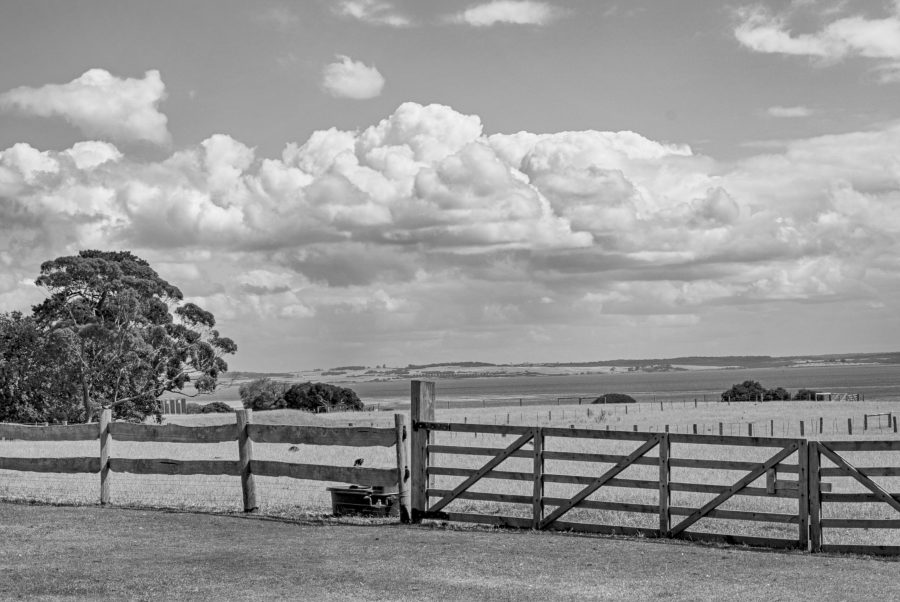My World: June 2021…
This is part of a series of articles where our contributors describe how they think things will look a year from now.
An increased focus on food supply and environmental health will change attitudes to the countryside
A recent survey showed that 1.7% of British people want life under lockdown to continue forever, and substantially more want some elements of social distancing to continue for good. I sympathise. For many in farming, coping with social isolation and relying on family for support are fundamental characteristics of life as normal. It would not surprise me at all if the 1.7% were farmers happy that the roads were empty, no tourists were spoiling the beauty of the countryside, and that the secretly wished for food security crisis had arrived.
The impacts of coronavirus on food availability are only short-term distribution issues, but the pandemic experience will prove a valuable counterpoint to policy arguments about public funding for environmental goods above all else. The emerging links between food, pollution, health and coronavirus are cause for concern, though. Farmers know investment in health on our farms is far cheaper than cure. Preventative investment in the health of the environment was already being mainstreamed through the work of the Natural Capital Committee. I think preventative investment in the health of people will be a big issue next year and thereafter. The UK’s food strategy, expected this year, will be critical here.
In terms of market responses, I predict the core market driver over the next year will be demand for space. There are two key aspects to this. First, by next summer, I anticipate prolonged debate on the changes that may be needed to our society and systems to tackle inequalities laid bare by covid-19. One of these inequalities is in terms of living space. The number of single-person households aged over 65 with two or more spare bedrooms topped 3.5 million in 2019, and so I think it inevitable that we’ll see new arguments for nudging housing distribution.
Secondly, we’re a small, crowded island and, when lockdown is lifted, access to green space will be at a premium. Demand for rural properties will rise as people seek to avoid crowding, encouraged by employers who see home working as a way to reduce office overheads. If investment in rural broadband and 4G finally matches its urban equivalent, a trend for second homes to become first homes and the creation of live/work spaces in the countryside could produce a renaissance in rural vibrancy.
For me personally, coronavirus has laid bare the fallacy of consumption as the purpose of modern human existence. Most of my wardrobe is pointless; I’m embarrassed to consider the money I have spent on Costa lattes; and I am prepared to admit that I own too many handbags. I think hard now about which businesses I choose to support, either through online purchasing or in my locality. Ethics becomes far more important than convenience once we have learned to be patient.
But the big picture for me is the myopia of restarting an unsustainable, consumption-based economy in order to pay for the costs of a health crisis, ignoring the looming cost of the climate crisis that will follow. My key interests next year will therefore be in looking at how businesses rated high on environmental, social and corporate governance have outperformed the market during the crisis, and on the post-Brexit UK’s global leadership role in COP26, the UN Climate Change Conference, postponed from 2020.
My predictions for June 2021:
UK in recession: Yes
Sterling vs US dollar: Higher
Sterling vs euro: Higher
UK base rate: Lower than 1%
UK RPI: Lower than 2%
Halifax UK house price index: Lower
US president: Trump
UK/EU trade deal: Yes
UK/US trade deal: No
When this is all over, I will use the best bits of lockdown as learnings for my new normal, particularly in slowing down, developing virtual capacity, making do, and giving back.








